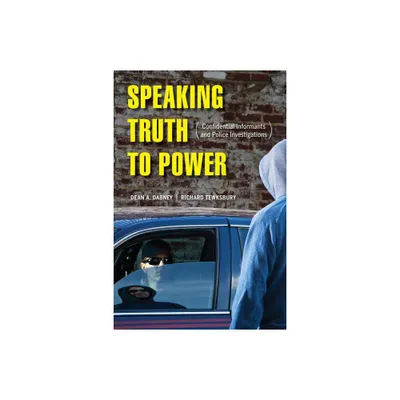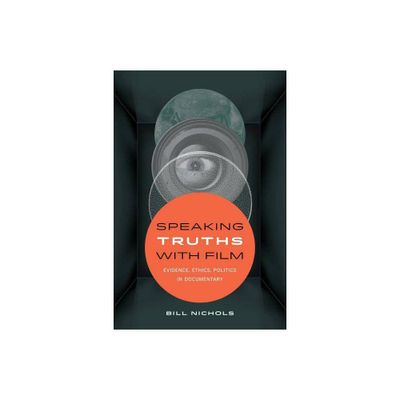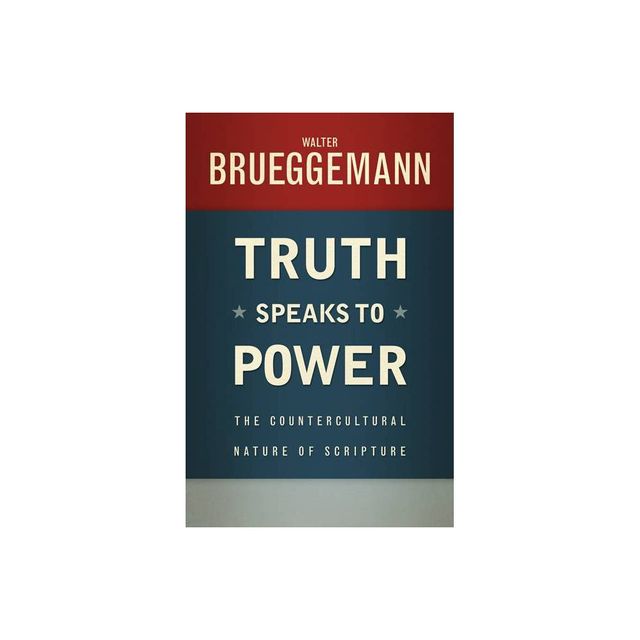Home
The Fear Problematique: Role of Philosophy Education Speaking Truths to Powers a Culture
Loading Inventory...
Barnes and Noble
The Fear Problematique: Role of Philosophy Education Speaking Truths to Powers a Culture
Current price: $99.74


Barnes and Noble
The Fear Problematique: Role of Philosophy Education Speaking Truths to Powers a Culture
Current price: $99.74
Loading Inventory...
Size: Hardcover
*Product Information may vary - to confirm product availability, pricing, and additional information please contact Barnes and Noble
The author, with over three decades of focused research on fear and fearlessness and 45 years as an emancipatory educator, argues that philosophy and philosophy of education have missed several great opportunities to help bring about theoretical and meta-perspectival clarity, wisdom, compassion, and practical ways to the sphere of fear management/education (FME) throughout history. FME is not simple, nor a luxury, it is complex. It's foundational to good curriculum but it requires careful philosophical critique. This book embarks on a unique transdisciplinary understanding of
The Fear Problematique
and how it can be integrated as a pivotal contextual reference for assessing the 'best' way to go in Education today and tomorrow. Educational philosophy is examined and shown to have largely 'missed the boat' in terms of responding critically and ethically to the insidious demand of having to truly educate ourselves when we are so scared stiff. Such a state of growing chronic fear, of morphing types of fear, and a culture of fear, ought to be central in shaping a philosophy of fear(ism) for education. The book challenges all leaders, but especially philosophers and educators, to upgrade their own fear imaginary and fear education for the 21st century, a century of terror likely to grow in the cascading global crises.
The Fear Problematique
and how it can be integrated as a pivotal contextual reference for assessing the 'best' way to go in Education today and tomorrow. Educational philosophy is examined and shown to have largely 'missed the boat' in terms of responding critically and ethically to the insidious demand of having to truly educate ourselves when we are so scared stiff. Such a state of growing chronic fear, of morphing types of fear, and a culture of fear, ought to be central in shaping a philosophy of fear(ism) for education. The book challenges all leaders, but especially philosophers and educators, to upgrade their own fear imaginary and fear education for the 21st century, a century of terror likely to grow in the cascading global crises.


















